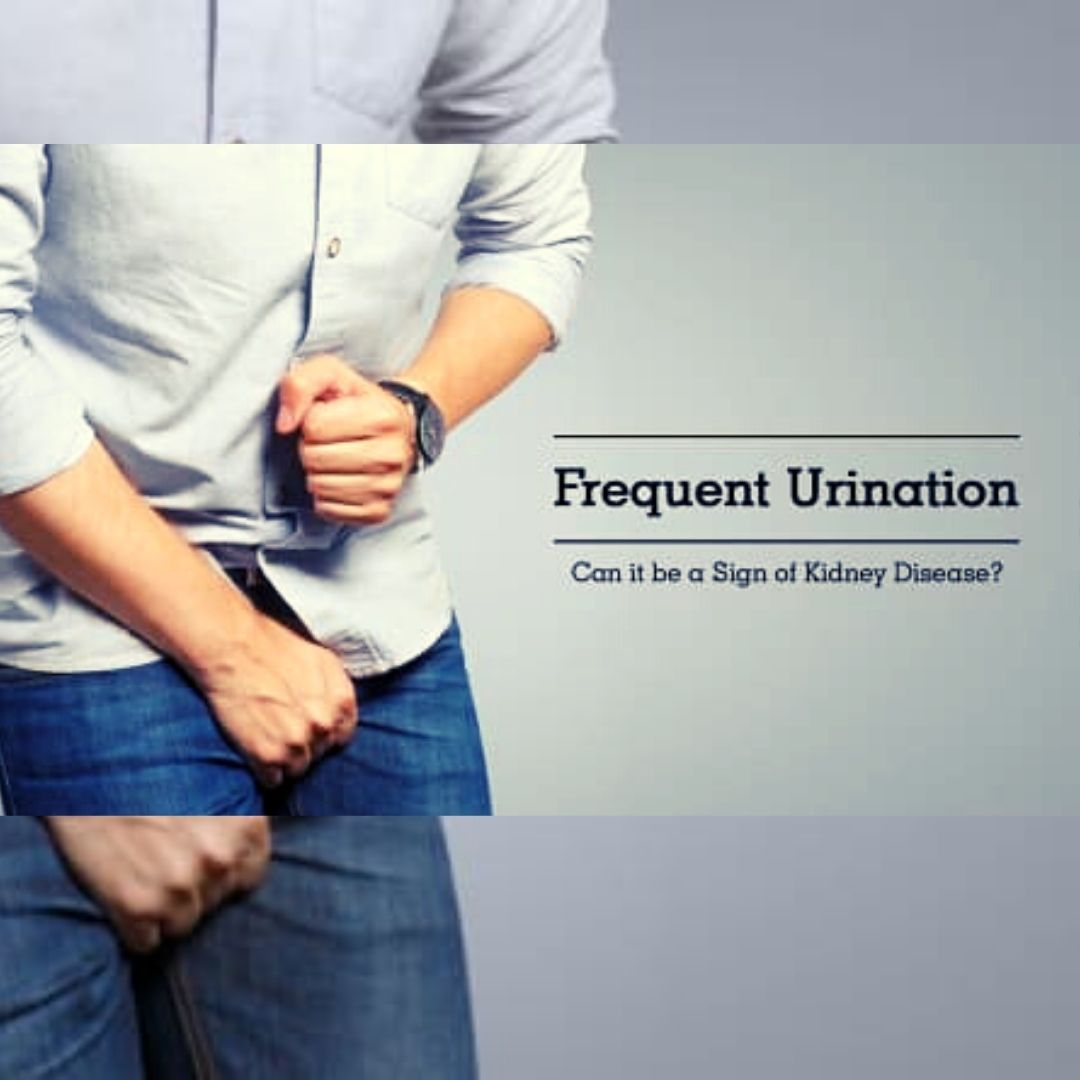Understanding Kidney Failure : A Guide
Our bodies are incredible machines, working tirelessly behind the scenes to keep us healthy.
But some organs, like the kidneys, often go unnoticed until there’s a problem. These bean-shaped powerhouses play a crucial role in filtering waste products from our blood, regulating blood pressure, and keeping our electrolytes in balance.
However, kidney function can decline, leading to a condition called kidney failure. In this blog, we’ll delve into the world of kidney health
kidney and its importance
The kidneys are two bean-shaped organs located on the left and right in the retroperitoneal spa, their length is 12 cm in adult humans.
The kidneys are some of the most important organs as they remove wastes and acid that is produced by the cells of your body which maintain a healthy balance of water, salts, and minerals. Not only that but also release hormones that regulate blood pressure.
what is Kidney Failure?
After knowing the importance of the kidney, you have to work hard to preserve it, high blood pressure and diabetes are the two most common causes of kidney failure but what else? let me present to you 6 common causes of kidney deterioration
- 1- High blood pressure over time, leading to kidney failure.
- 2- Food with large quantities of salt.
- 3- Cola-based soft drink beverages.
- 4- Smoking
- 5- Overuse of painkillers
- 6- Not drinking enough water
Kidney failure doesn’t happen overnight.
Kidney failure doesn’t happen overnight.It is the result of a gradual loss of kidney function and your body gives you signs that something is wrong with your kidneys such as (trouble concentrating, trouble sleeping, less energy, dry skin, blood in urine, ankles and feet swollen).
A funny fact is that, if you have both kidneys completely removed, you will not make any urine. You will need to have kidney dialysis OR Instead of the cost and constant pain in your lifetime, we will go to kidney transplant surgery (transplant of a kidney into a patient with end-stage kidney disease.)
Before the procedure:
- 1- Vasculature be carefully evaluated to identify the optimal implantation site
- 2- Urological examinations
- 3- complete physical exam
Then the healthcare team will decide if a transplant is right for you or not.
So, if the evaluation was positive and you are now in the operating room and doing the operation, this is what will happen:
In fact, your kidney is not removed, and another kidney is placed, but the surgeon leaves them, and the donated kidney is placed into your lower abdomen.
- The operation takes about four hours
After the procedure:
you may need dialysis until the kidney begins to work.
Risks:
- abdominal pain.
- Increased risk of diabetes.
- Gain wight
- Extra hair growth or hair loss.
Suffering in silence is no longer the case, if you feel any of the above symptoms please contact us; To provide you with a qualified urologist


